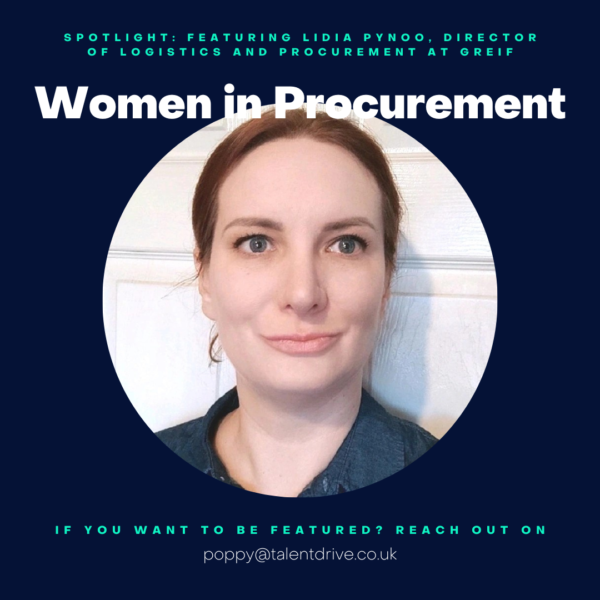“You can’t have everyone wanting to have the next job up, otherwise you run the risk of getting into that conflict with the team”
Building a procurement team that works well together requires an overview of the whole team’s needs when hiring, not just looking at the role to be filled. Finding talent with the skill set you don’t yet cover may require an open-minded CPO to look beyond applicants already in the procurement profession.
The CPO of Dixons Carphone, Kendall Smith, has experienced procurement transformations in a variety of industries, from property, to IT, to phones and broadband, and knows the kind of traits that prop up a successful procurement team. In this episode of Talent Talks, we hear Kendall’s take on interim and permanent roles, the increasing need for high return on investment when hiring contractors, and how hiring too many budding CPO’s-to-be could be a detriment to your team.
This episode of Talent Talks covers:
- What CPO’s look for in talented procurement professionals
- The differing skill set required for different industries
- More effective use of contractors
- Interim vs permanent roles
- Identifying the team’s needs when hiring
- The dangers of a whole team wanting the top job
Links & References:
- Martin Smith, Founder & Director of Talent Drive https://www.linkedin.com/in/martinsmith2009/
- Kendall Smith, CPO at Dixons Carphone https://www.linkedin.com/in/kendall-smith-01b7551/
- Dixons Carphone https://www.linkedin.com/company/dixons-carphone/
Episode highlights:
“The first place I’ll start is to look and say ‘What does this team need to be, or what skills and characteristics do they need to have to be successful?’” – Kendall Smith
“I’m looking for someone who has spent the time to understand what the business actually wants. I get very, very frustrated when people say ‘Procurement says this’. No – a person said we should do that. A person with a business mind said that that was the most common sense thing to do, to get the best outcome for the business.” – Kendall Smith
“I don’t think there’s an awful lot that we do that’s absolutely brand new. So a lot of it is about seeing this scenario: This was what achieved this, so can I blow that up and make it bigger? Can I do it faster, and move it into an area that’s completely different?” – Kendall Smith
“I think what you’ll see now is a more effective use of contractors because people are looking at the return on investment. They will be looking to say ‘Well, here’s the cost of this particular assignment, am I going to get good value for money around it or not?’” – Kendall Smith
“It’s quite a bit of a motivator actually to understand who you’re going to work for, so I think that makes it difficult to build a team if you’re just an interim.” – Kendall Smith
“If you like going in and doing a project with the ‘plug-in, plug-out’ mentality, go and consider interim roles. But if you like being part of a team, and you’ve built a procurement team there, then I’d be thinking more about permanent opportunities, maybe a permanent role.” – Martin Smith
“You can’t have everyone wanting to have the next job up. It’s great when enough people want that, but you can’t have everyone because otherwise, you run the risk of getting into that conflict with the team, which is detrimental to where you want to get to.” – Kendall Smith
“Having a good understanding of lots of different areas can be really helpful because you’ll have experience of things that happened in one area that you can maybe try in a different area.” – Kendall Smith


